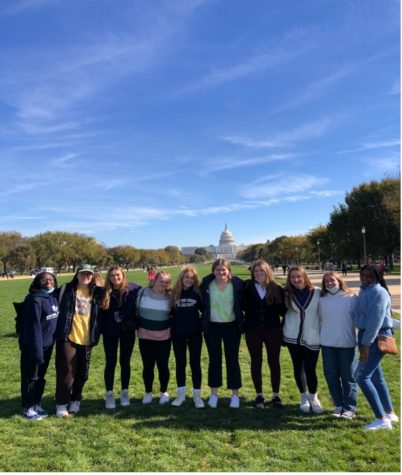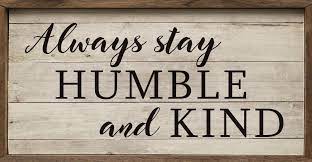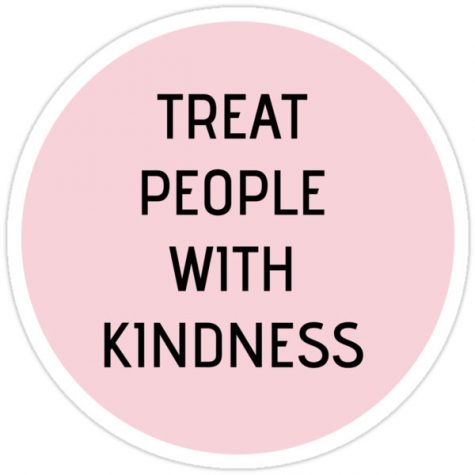Highlighting Important Women During Women’s History Month
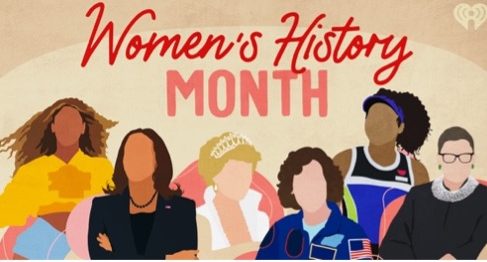
March is Women’s History Month! Officially created by the United States Congress in 1987, Women’s History Month evolved from National Woman’s Day. National Woman’s Day was started on February 28th, 1909, at a suffragist meeting in Manhattan, when women were trying to get the right to vote. Now, the month of March is dedicated to honoring women, our achievements, bravery, and the fight for equal opportunities. Let’s take a look at two out of millions of important women in the world!
- Supreme Court Justice Ruth Bader Ginsburg (1933-2020)
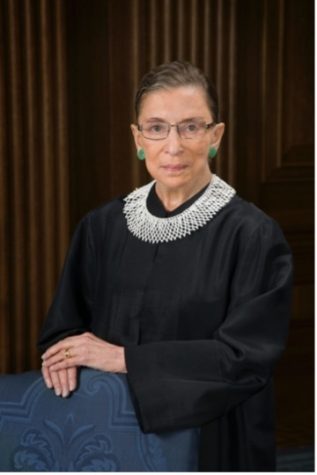
Justice Ruth Bader Ginsburg (often nicknamed RBG) graduated at the top of her class at Cornell University in 1954. At Harvard Law School she was one of only nine women in a class of 500. She faced gender-based discrimination, and people were angry that she had taken what should have been another man’s spot. RBG ended up transferring to Columbia Law for her last year, where she graduated first in her class. Being a working woman in the 1960s was tough- Ruth faced workplace discrimination and was not paid nearly as much as her male counterparts, yet she still kept working and held to her opinions. On top of facing discrimination, RBG also had to balance being a working mother. Justice Ginsburg broke many barriers, including being the first female professor at Columbia with a tenure. In 1970, she was named the director of the ACLU’s Women’s Rights Project, where she argued six cases about gender discrimination at the Supreme Court. In 1993, President Bill Clinton nominated her to be on the US Supreme Court, where RBG served until her death. She wrote over 200 opinions during her time on the Supreme Court. Justice Ruth Bader Ginsburg was a champion for women’s rights and equality.
- Taylor Swift (1989-present)
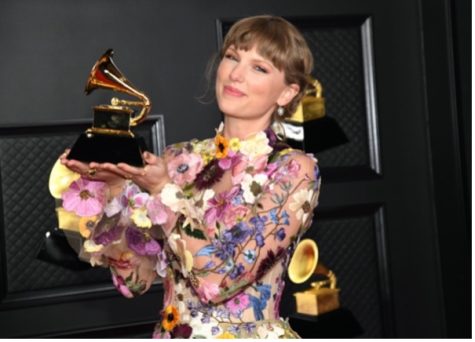
Taylor Swift is arguably one of the biggest, if not the biggest, names in the music industry. She has won 11 Grammy Awards out of 32 nominations. Along with being an amazing singer, Taylor is also an activist and always tries to give back to the world. In 2011, she donated 6,000 children’s books to a library in her hometown of West Reading, Pennsylvania. In 2014, she took her whole music catalog off the streaming platform Spotify as an act of protest. Taylor felt that artists, especially up-and-coming ones, didn’t get paid enough for the number of times their music is streamed. In 2015, Taylor announced that she would donate $50,000 of the earnings from her song “Welcome to New York” to public schools in NYC. She donated tickets to her Reputation Stadium Tour to families of the Weymouth, MA police department, following the killing of Sgt. Michael Chesna. In 2017, Taylor sued former D.J., David Mueller, for sexual assault after he sued her for getting him fired. Ultimately, the court sided with Taylor. Taylor only asked for $1 in restitution to symbolize supporting other assault victims, especially women, and encouraging them to speak up about their experiences. By asking only for $1, she showed that receiving justice was her only goal. Taylor Swift has dealt with gender discrimination but has persevered through the toxicity of the music industry to make it a better place for new artists.
Sources:
https://www.today.com/life/inspiration/womens-history-month-rcna17775
https://www.oyez.org/justices/ruth_bader_ginsburg
https://www.billboard.com/music/music-news/timeline-taylor-swift-generosity-8481430/
https://www.nytimes.com/2017/08/16/opinion/taylor-swift-groping-assault.html




